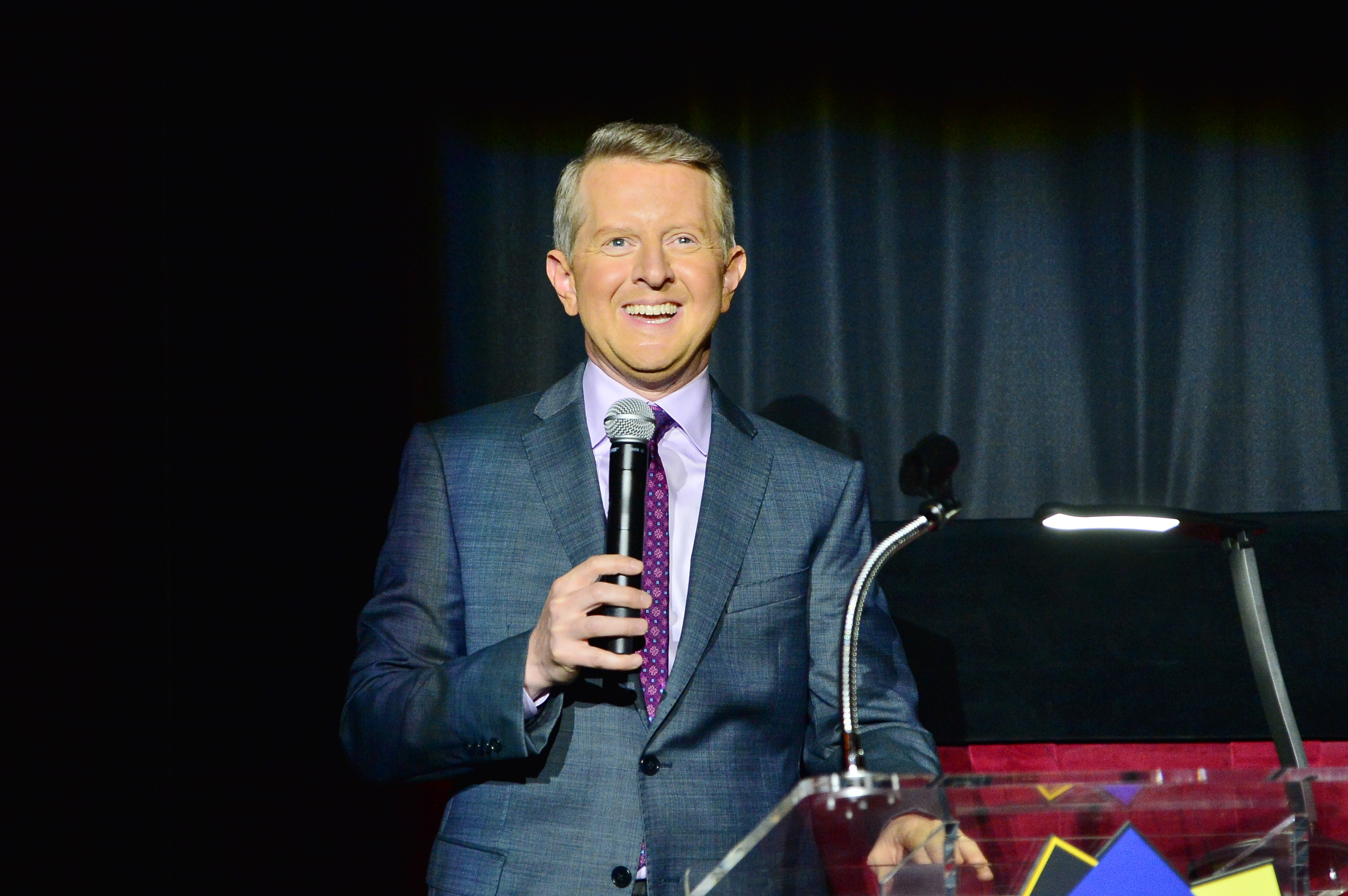What's New
Provisions aimed at limiting American investments in certain Chinese industries were scrapped from a temporary spending bill negotiated to avert a government shutdown.
The original bill, which was renegotiated after Donald Trump and Elon Musk came out against it, would have prohibited or required notification of overseas transactions involving China in sectors like semiconductors, quantum technology and artificial intelligence.
It also would have included an expanded review of Chinese real estate purchases near national security-sensitive sites and a requirement to study national security risks posed by Chinese-made consumer modems and routers.
The inclusion of restrictions on outbound investment marked the culmination of a year-long debate between pro-business lawmakers, who warned that overregulation could weaken U.S. industries against foreign competitors, and national security-focused lawmakers determined to curb the transfer of American capital and expertise to China's military.

But all China-related provisions were removed from a new version of the bill released on Thursday, which was voted down by Democrats and 38 rebel Republicans on Thursday evening. Lawmakers now have less than 24 hours to negotiate a new deal to prevent a government shutdown over the holiday period.
Elon Musk had been leading the charge against the funding deal, demanding Republicans don't back it, despite backing from House Speaker Mike Johnson.
"'Shutting down' the government (which doesn't actually shut down critical functions btw) is infinitely better than passing a horrible bill," Musk wrote in one of dozens of X posts railing against the continuing resolution.
Musk opposes the bill because he wants major government spending cuts. While Trump agrees, he also wants to permanently suspend the debt ceiling.
The new version of the bill would have lifted the debt limit, leading Trump to support the bill in a Truth Social post. "Now we can Make America Great Again, very quickly, which is what the People gave us a mandate to accomplish," Trump posted.
Musk also supported the new deal, writing on X that it is a "MUCH better bill that is closer to being a real continuing resolution."
Nonetheless, over 30 Republicans still defied them, tanking the deal.
Newsweek has contacted Trump's transition team for comment via email.
Why It Matters
Musk, who is the world's richest man, has significant business interests in China. His company Tesla opened a "gigafactory" in Shanghai in 2019, building cars for the Chinese domestic market as well as Australasia. By 2022, China accounted for about 22.5 percent of Tesla's total revenue.
And in 2023, he said he wanted to expand his business in China as he met Foreign Minister Qin Gang in Beijing. Musk has also said he wants to build a second factory in China, which is the world's biggest electric vehicle market.
Meanwhile, amid chaos over the spending stopgap, Musk's influence over Congress and the president-elect has been called into question this week, with a number of Democrats referring to him as "President Musk."
"It really is the reminder who now runs the Republican Party, and it's Musk," Senator Elizabeth Warren told CNN.
The influence that Musk has had over the spending bill process highlights the significant role that he, an unelected official, may play in Trump's administration as the head of the newly created Department of Government Efficiency (DOGE).
What to Know
China's future relationship with the U.S. looks uncertain under a Trump presidency.
The president-elect has nominated prominent China hawks Marco Rubio and Mike Waltz to be secretary of state and national security adviser, respectively, in a signal of his hostile approach to the country. He has also threatened to slap an additional 10 percent tariff on all Chinese exports to the United States, and to sanction Chinese electric cars being built in Mexico to sidestep tariffs, as well as eliminate more of Beijing's remaining trade privileges, possibly igniting a trade war with the country.
But Musk has taken a less hostile approach to China in the past. "China rocks," he said on the Automotive News' Daily Drive podcast in 2020. He also congratulated the CCP on its 100th anniversary and was even once offered permanent residency in China.
Earlier this year, he criticized the Biden administration for raising tariffs on Chinese electric vehicles to 100 percent. "Neither Tesla nor I asked for these tariffs," the multibillionaire told a technology conference in Paris. "Things that inhibit freedom of exchange or distort the market are not good," he added. "Tesla competes quite well in the market in China with no tariffs and no deferential support. I'm in favor of no tariffs."
Neil Thomas, a fellow at the Asia Society Policy Institute, previously told Newsweek that Musk and Trump's differing approaches to China is something they could fall out over.
"Trump and Musk could fall out because Musk ends up opposing tough economic policies on China," he said.
But Laura Smith, a presidential historian at Oxford University, said that Musk's appointment as head of DOGE may be a sign of Trump's "lack of decisive policy" on China.
The fact that he has chosen people with diverse views on China to serve may indicate his current lack of decisive policy," she told Newsweek.
What People Are Saying
Senate Democratic leader Chuck Schumer said in a press release he was "particularly proud" that the bill included "new restrictions on U.S. investment in the CCP's development of critical technology like AI and chips."
Rep. Jamie Raskin told C-SPAN: "We had many weeks of negotiation with the Republicans. We arrived at a bipartisan legislative compromise. The Senate Democrats, the Senate Republicans, the House Democrats, the House Republicans. Everybody agreed. And then it was blown up by Elon Musk, who has apparently become the fourth branch of government. And that's just an intolerable way of proceeding under representative democracy. So the Democrats are gonna try to figure out how we can salvage the public good out of the wreckage that has just been hoist upon us."
Trump's spokesperson Karoline Leavitt said: "As soon as President Trump released his official stance on the CR, Republicans on Capitol Hill echoed his point of view. President Trump is the leader of the Republican Party. Full stop."
What Happens Next
Congress now has about 18 hours to pass a stopgap measure before the government shuts down.
It's unclear if Johnson will come back with a new proposal ahead of Friday's deadline, but more restrictions on U.S. investment in China could come during the next Congress, particularly amid Musk's growing influence.




















 English (US) ·
English (US) ·